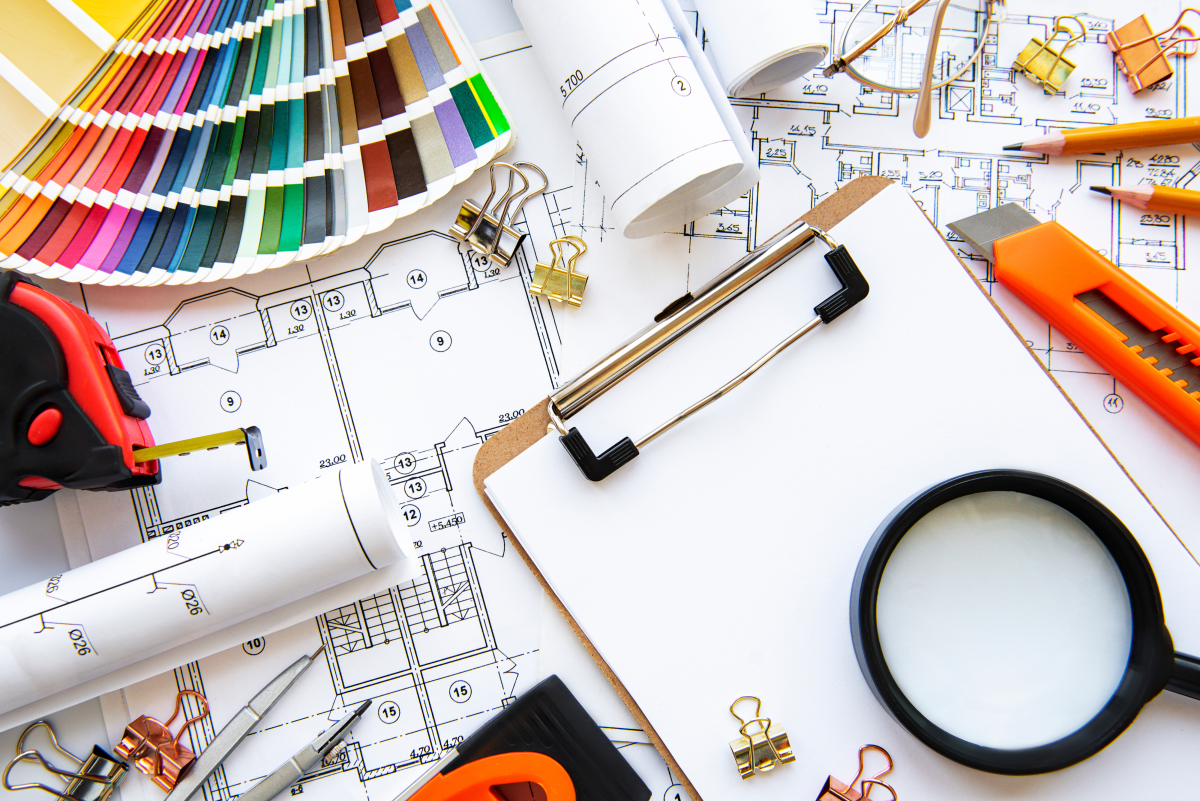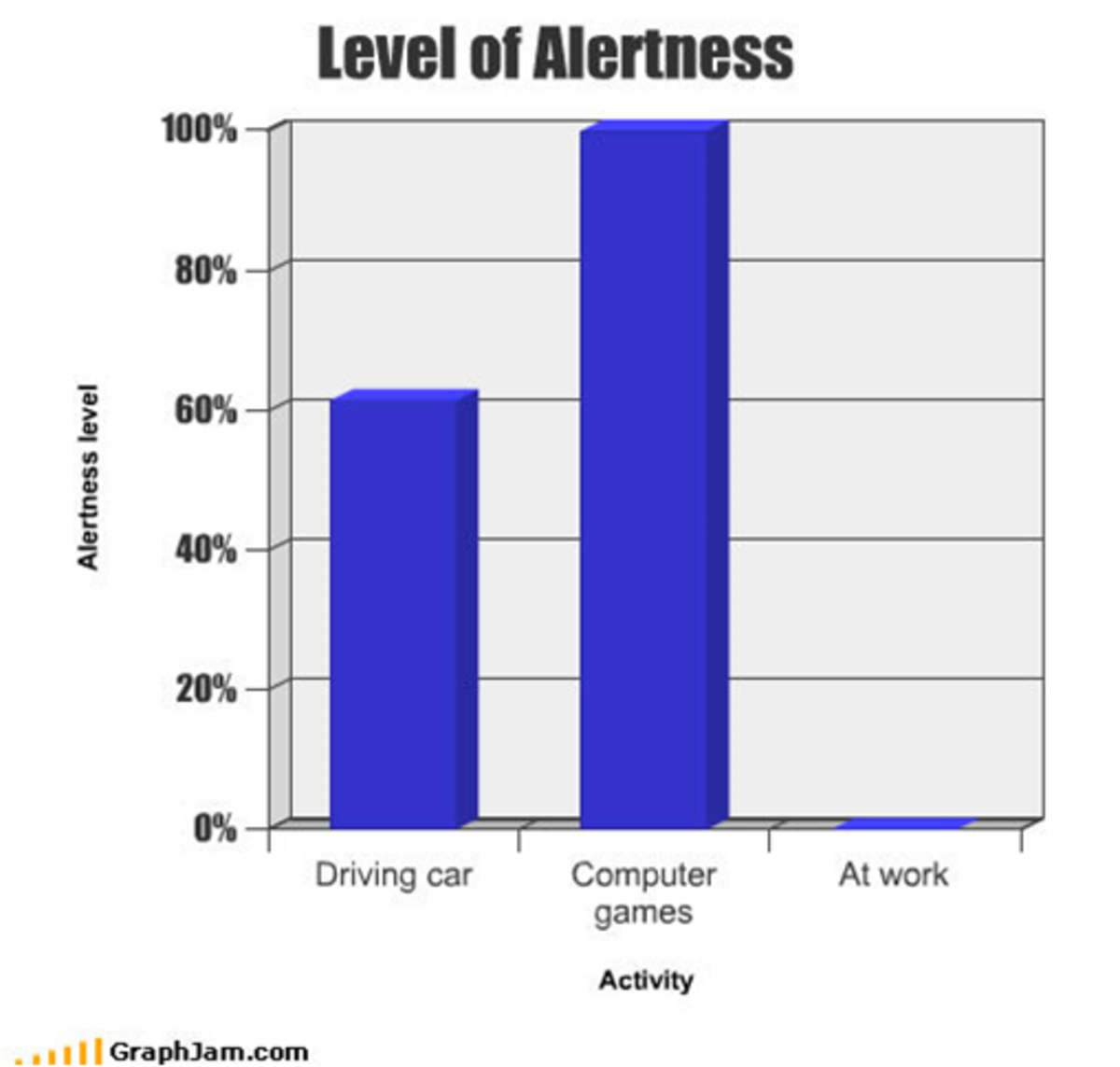Redefining Capacity — The Art of Carrying More with Less Effort

Do you carry all your grocery bags in one go? Most of us do, right? It’s usually because we want to save time and avoid a second trip to the car. So we often load ourselves up, no matter how heavy the bags are. Even if it feels like we’re breaking our fingers in the process!
Kidding aside, this little “one-trip challenge” gets harder with age. As we grow older, we don’t want to strain ourselves doing simple tasks. Carrying heavy loads isn’t naturally healthy in the first place. When done the wrong way, it can lead to potential injuries. So, it makes perfect sense to be wise about how we lift things. Literally and figuratively.
To illustrate, imagine a forklift. Everyone knows they’re built to lift and move heavy objects. But not everybody realizes that they are customizable. In addition to their forks, lifts can use attachments like side shifters, rotators, and clamps. These devices add versatility to the machine.
Our bodies are the same. Regular exercise and training help. But we don’t need to rely on our strength alone. We can use practical tools to improve productivity and avoid health issues at the same time.
The Myth of More Strength
Contrary to popular belief, handling more doesn’t require increasing strength or speed all the time. In fact, that can be a risky mindset.
Improper lifting techniques can actually harm the body. It can cause muscle or spinal injuries. A U.S. Bureau of Labor Statistics report tells us that, in 2021 to 2022, overexertion and bodily reaction were among the most common causes of workplace injury and illness. Many of those cases led to employees missing days of work.
The takeaway: efficiency isn’t always about brute strength. Sometimes, leveraging the right tool or tapping available resources effectively does the trick.
I’ll give you a personal example:
Several years ago, my husband and I had to move to a new home. We spent an entire day hauling boxes, furniture, and appliances. And we did it by hand. While we had help from friends, we still felt exhausted when we were finally done.
Looking back, I should have hired professional movers. At the very least, I could’ve used moving straps, carts, and trolleys. I learned from that experience. When our family had to move again the second time, the process was much smoother.
Working smarter is really better than working harder. It’s possible to be productive without sacrificing your health or comfort.
Designing Your Capacity (Life, Not Muscles)
Skills as Leverage
Investing in new skills is one of the best ways to expand your capacity. When I first discovered my love for writing, I was still a slow typist. As a volunteer for a local newsletter, I wrote all my articles with pen and paper. Eventually, I realized I needed to step up so I learned typing. Friends shared practical tips, plus I took online typing tests so I can practice daily. It took months before I noticed progress. After a year or so, I ended up getting hired as a professional writer. All those hours spent on the keyboard were worth it!
Habits as Systems
Personal development isn’t just about skills. It’s also about effective systems. A good process often outperforms willpower. With the right structure in place, you’re more motivated to perform. Without it, staying enthusiastic can be difficult - even if you’re doing enjoyable tasks.
Ever heard of the Pomodoro Technique? A former team lead suggested this time-management method. This meant doing focused work for 25 minutes followed by a 5-minute break. After four rounds, you then take a longer 15- to 30-minute break. This simple system changed the way I did my work. I was able to avoid multitasking and minimize distractions. As I focused on one task at a time, my workflow became much smoother.
Relationships as Support Structures
None of us can do life alone. We all need a strong support system.
As a remote professional, it’s a constant struggle to balance work with family responsibilities. There’s always a deadline to beat, a school event to attend, and home chores that need to be done. I’m grateful to have a caring husband. He willingly steps in, especially when I’m swamped. Of course, I also try to do the same for her. For us, communication is key. We let each other know when we need backup.
I love this quote Jennae Cecelia, author of Uncaged Wallflower:
"Surround yourself with people who don't just ask how you are doing. Surround yourself with people who make an effort to make sure they are part of the reason you are doing so well."

The Shadow Side of Capacity
In my younger years, I had a strong tendency to be workaholic. I said “yes” to each task thrown my way, thinking it was the fastest way to grow. However, that bad habit quickly brought challenges I didn’t expect as an eager neophyte employee.
I soon became overwhelmed with juggling too many projects at once. Deadlines began piling up. Burnout set in. Even the easiest tasks started demanding more time and energy. I witnessed how being “over-efficient” can quickly turn into overcommitment.
I eventually decided to discuss the problem with my boss. I explained why I was struggling with my assignments. Thankfully, he understood my predicament. He gave me the space to refocus, and I later regained my productivity.
That experience became a life lesson for me. In some cases, saying ‘no’ is the right thing to do. Sure, pushing myself is important. But I also need to recognize and respect my own limitations.
The Redefinition
Machines teach us a valuable lesson. Capacity isn’t exclusively about strength. It can also be about function and design. For example, mobile phones have simplified communication. Smart home devices have added convenience to modern homes. Electric vehicles reduce emissions. Forklifts allow workers to lift more with less strain.
That said, the big question we should ask ourselves isn’t: “how much weight can I push?”
It should always be: “how smoothly can I move through life with the least wasted effort?”
Closing Reflection
If I had to sum up my point here, it’s that we don’t always have to upgrade ourselves. It can be tempting to do that, but sometimes, we just need to reevaluate how we work and do certain things.
“It's not the load that breaks you down,” Lena Horne once said. “It's the way you carry it.”
With the right skills, tools, and support, we can achieve our objectives. And we can do so without exerting unnecessary effort.
Life may not get any lighter. But the good news is, you can get smarter about how you lift.








